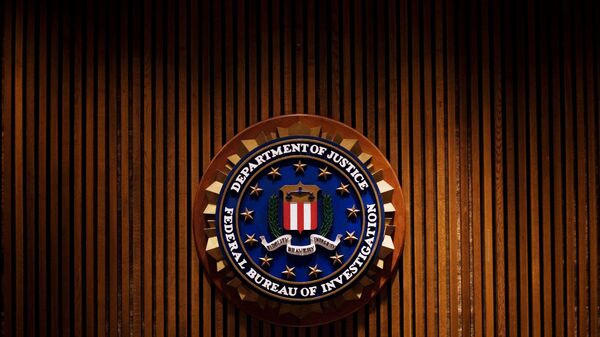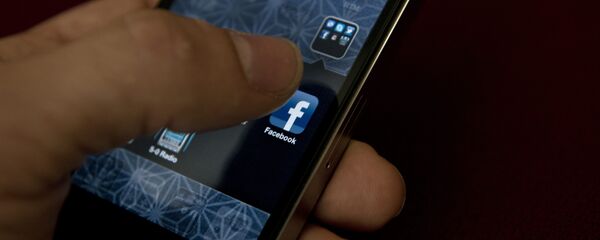"It is unfortunate in many ways, it is not good when the government is in opposition to one of the leading tech companies," Rosenzweig, discussing the issue on Radio Sputnik. "It is not good when tech companies view their own government as not terribly different than a hacker from China, or Russia."
Apple is looking to turn the tables on the FBI, to shed some light on how the government agency unlocked the iPhone used by one of the shooters in the San Bernardino terror attack in December. The news came after the FBI backed out of its suit against the company on Monday, claiming a third party was able to break the security on the device.
Apple has requested, in the name of customer security, that the FBI share the vulnerability, but there has reportedly been no response from the feds. This has prompted some analysts to question whether the FBI actually managed to break into the iPhone, or if the organization was merely attempting to save face.
"I think that, in the absence of ways to effectuate access without exposing all of its customers to additional security risks, Apple is more right than wrong. It's not about defending their customers so much as not willing to deliberately build in weaknesses to the product," Rosenzweig commented, comparing it to "asking a car manufacturer to make sure that a car breaks down every 10,000 miles."
Commenting on allegations popular among conspiracy theorists, that the US Government is currently able to access any data it wants on every single American citizen, Rosenzweig argued that "the reality is that capabilities in the private sector are in most ways ahead of capabilities of the government, and I think that is true across the globe, actually."
"There are sectors of excellence in the government. In the case of the US government, the NSA and US Cyber Command has some truly excellent actors. But there are still areas in which, and this case makes it clear, they can learn from the private sector," he said.
According to Rosenzweig, Washington can do a lot to attract the best and the brightest specialists to government sectors, not only by raising salaries for tech personnel, but also by urging people join law enforcement agencies "for the service, because they want to serve their country."
"They also come because of dedication to the mission, and sometimes people come because they can play with neat cool toys that are secret, that Silicon Valley doesn't actually have."
Asked to draw a line between privacy and security, Rosenzweig argued that "the line is best drawn in case-specific circumstances, not in the abstract. I don't think that privacy is an absolute right and I don't think that security is an absolute imperative."



